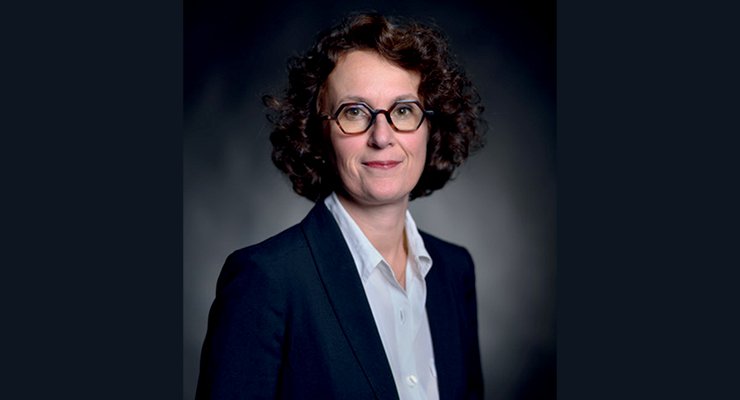Specialty – Mechatronic Systems (SMT)
Mechatronics can be defined as a discipline that brings together mechanical engineering, electronics and IT. The SMT master's degree equips students to become fully operational professionals in this multidisciplinary field of engineering expertise, in particular in the design, control and characterization of complex mechatronic systems, from microsystems to complete vehicles. The course combines elements of classical mechanical engineering, electronics and computer science, and there is a marked focus on systems. In today's world, students therefore graduate from the course with a high recruitment potential. The course is aimed at mechatronicians (reinforcing their knowledge base and skills) and at mechanical engineers seeking to broaden their professional horizons with regard to mechatronics. The French government awards a ‘Laboratory of Excellence’ (Labex) quality label to a small number of research institutions of particular merit, and the awarding of this label also depends on the quality of the teaching dispensed. This master’s degree is an integral part of UTC’s Labex relating to systems of systems.
Pedagogy
The SMT master's degree includes modules that are designed to develop the specific skills that mechatronic engineering companies say they need now and will need in future. Key areas are :
- miniaturization of mechatronic systems,
- mechatronic systems powered by on-board sources,
- innovative compact actuators and sensors,
- systems engineering and integration,
- multiphysics modelling and optimal system design,
- controls for mechatronic systems.
Professional objectives
Conferring scientific and technological knowledge and skills of the highest level, equipping graduates for the design and modelling of innovative systems of systems (SoS), using a multidisciplinary approach.
Students who successfully complete this SMT master's degree may choose to pursue a PhD, or to apply for professional positions in public or private research activities, in development and innovation as research scientists, project managers, systems and formal methodology experts, etc.
Contact and Documentation
Plaquette master



